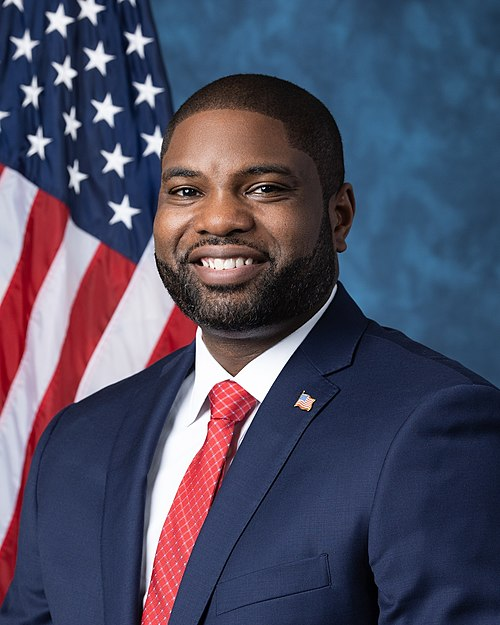H.R. 1525: Protecting Life from Chemical Abortions Act
This bill, titled the Protecting Life from Chemical Abortions Act, primarily aims to impose restrictions on the use and dispensing of abortion drugs and to prevent the declaration of public health emergencies related to abortion. Below are the main components of the bill:
Prohibition on Public Health Emergencies
- The Secretary of Health and Human Services is prohibited from declaring any public health emergency concerning abortion. This means that the usual emergency measures that could be applied in a public health crisis related to abortions cannot be enacted.
- If a declaration is already in place at the time of the bill's enactment, it must be terminated immediately.
Limitations on Abortion Drugs
- The bill reinstates a requirement that abortion drugs, in accordance with existing federal risk evaluation and mitigation strategies, can only be dispensed in clinics, medical offices, or hospitals under the supervision of a certified healthcare provider. This is often referred to as the "in-person dispensing requirement."
- No enforcement discretion can be used regarding these requirements, which means that any existing exceptions or relaxations of these rules would no longer be permitted.
- Further restrictions include a mandate that the Secretary of Health and Human Services cannot alter any safety protections associated with abortion drugs until states submit specific abortion data to the Centers for Disease Control and Prevention (CDC). This data must include various mandatory variables such as maternal age, gestational age, race, and other factors.
Mandatory Data Collection
- The data that states must provide to the CDC includes detailed information about abortions performed, which will aid in monitoring and understanding trends related to abortion practices and outcomes.
- These mandatory data variables encompass information about maternal age, gestational age at the time of abortion, race and ethnicity of the mother, the method of abortion used, and whether the child survived the procedure.
Definitions
- The bill defines "abortion" as the use of any substance or procedure intended to destroy a known unborn child or terminate a pregnancy, with specific exclusions for certain medical situations such as preserving the health of the born child or treating ectopic pregnancies.
- It also specifies what constitutes "abortion drugs" as any medication used for an abortion.
- A "certified healthcare provider" is defined as someone who meets specific qualifications and agrees to follow established guidelines for administering abortion drugs.
Impact on Existing Regulations
- Overall, this legislation seeks to tighten the existing regulations surrounding abortion medications and remove emergency provisions that may make obtaining these drugs easier in public health crises.
Relevant Companies
- MCK - McKesson Corporation: As a large distributor of pharmaceuticals, McKesson could face regulatory changes affecting their distribution strategies for abortion medications.
- ABC - AmerisourceBergen Corporation: Similar to McKesson, this pharmaceutical company may encounter changes in their distribution practices and regulatory compliance related to abortion drugs.
This is an AI-generated summary of the bill text. There may be mistakes.
Sponsors
24 bill sponsors
-
TrackKevin Hern

Sponsor
-
TrackRobert B. Aderholt
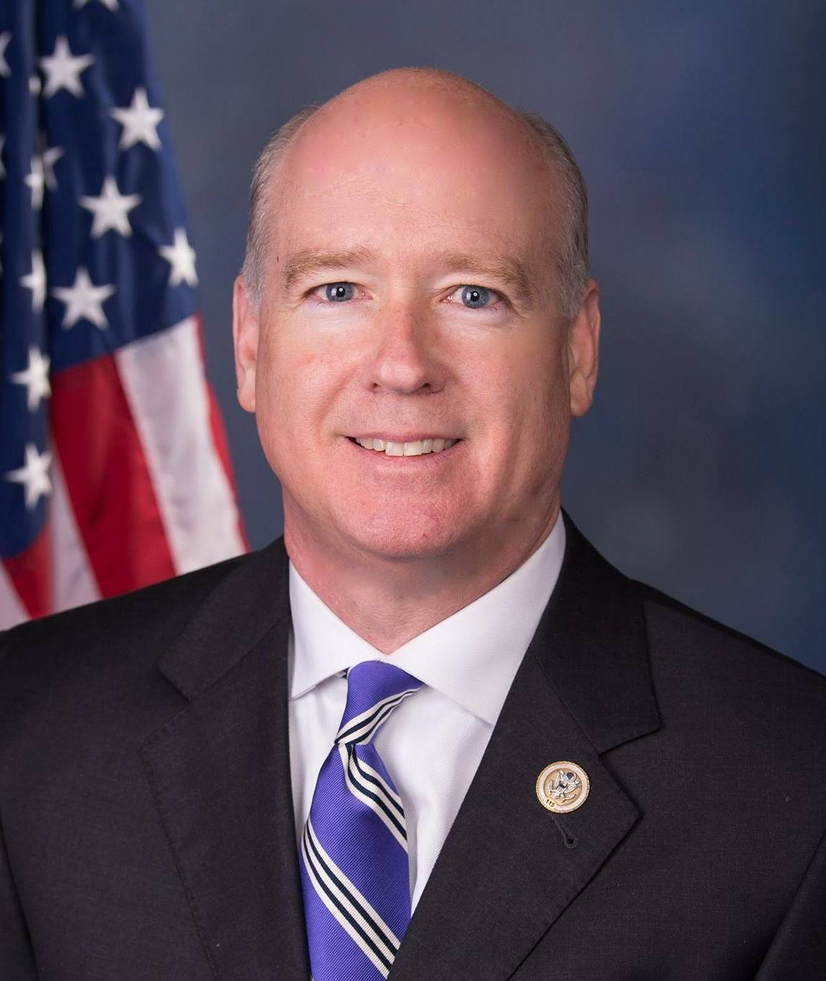
Co-Sponsor
-
TrackJames R. Baird
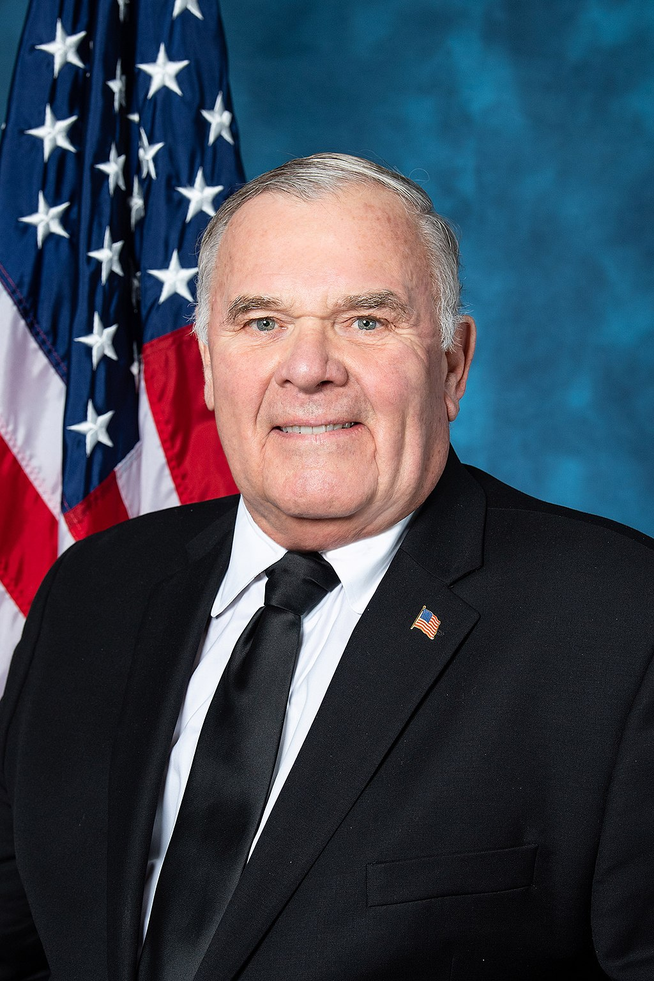
Co-Sponsor
-
TrackAndy Biggs

Co-Sponsor
-
TrackLauren Boebert
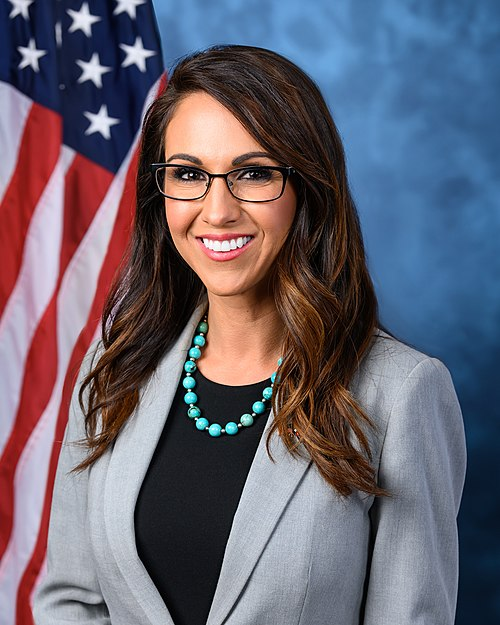
Co-Sponsor
-
TrackMike Bost
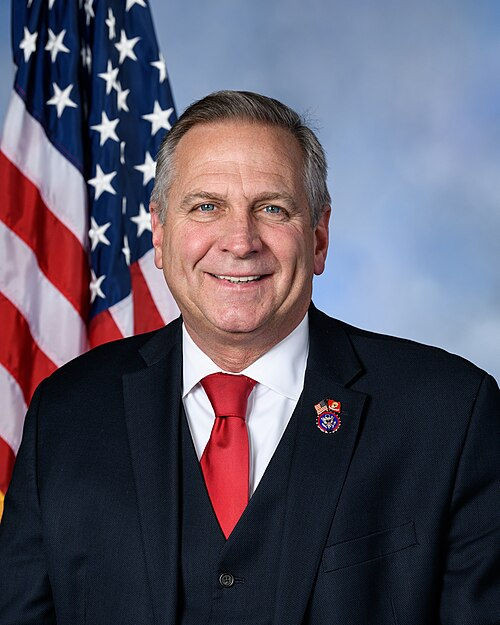
Co-Sponsor
-
TrackBen Cline
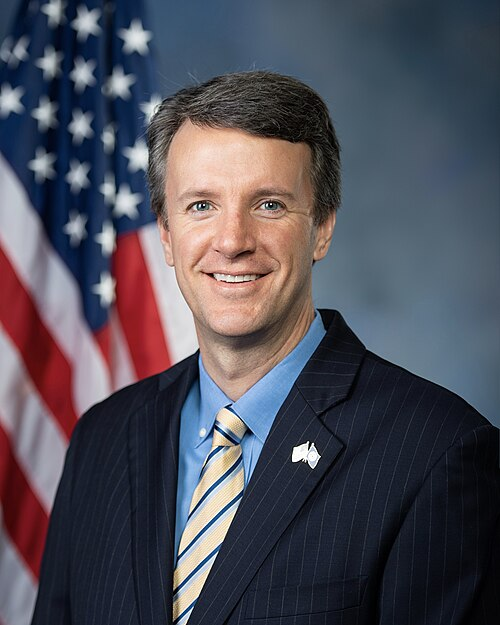
Co-Sponsor
-
TrackDan Crenshaw

Co-Sponsor
-
TrackWarren Davidson
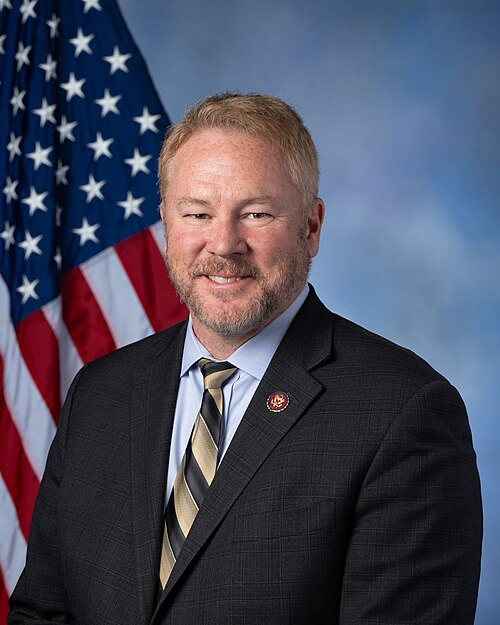
Co-Sponsor
-
TrackTroy Downing
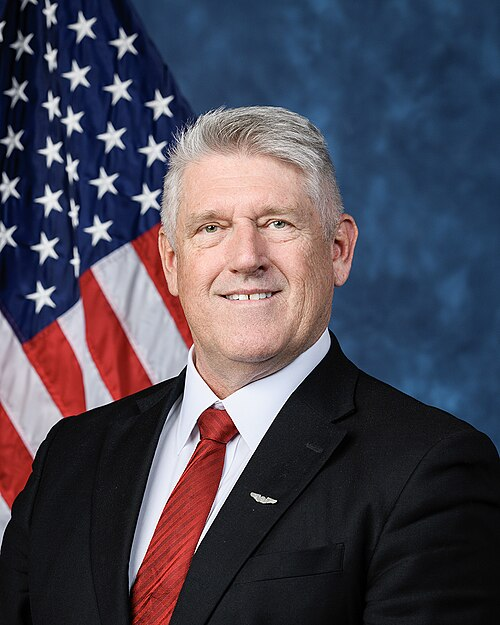
Co-Sponsor
-
TrackRandy Feenstra
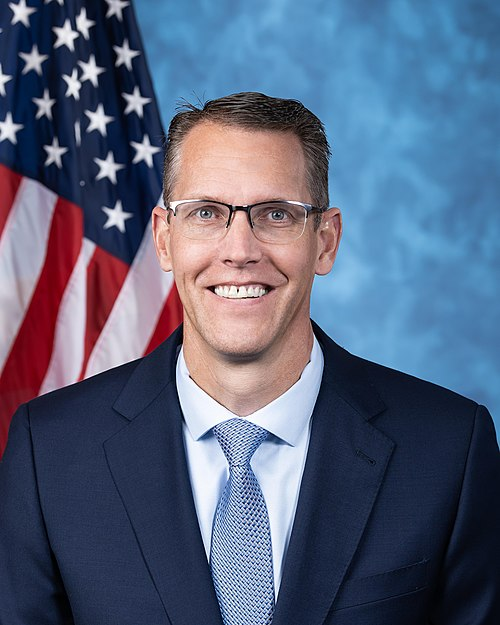
Co-Sponsor
-
TrackMark E. Green
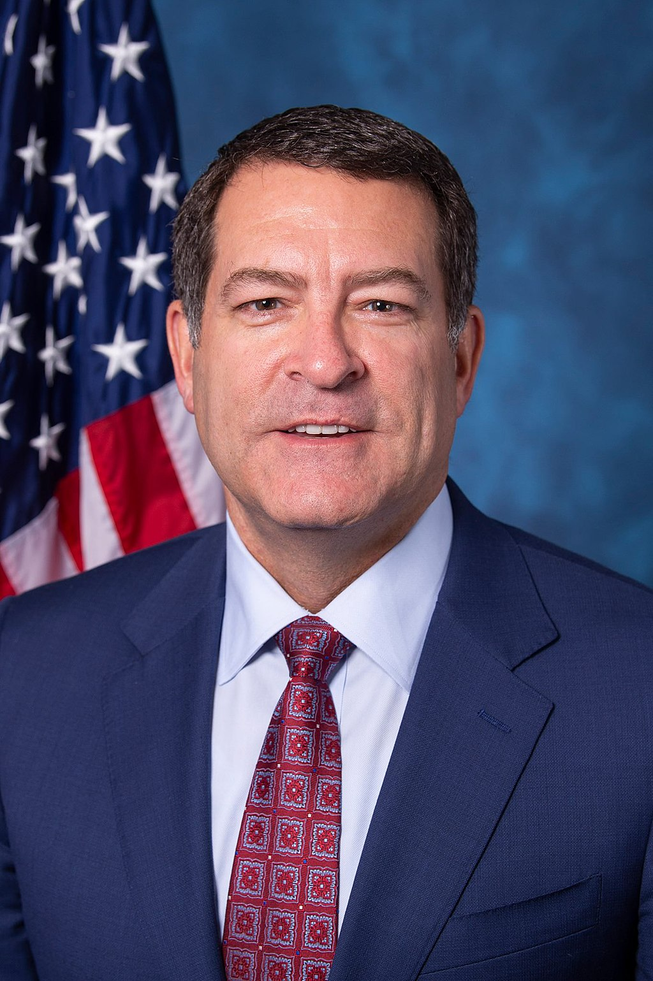
Co-Sponsor
-
TrackMichael Guest
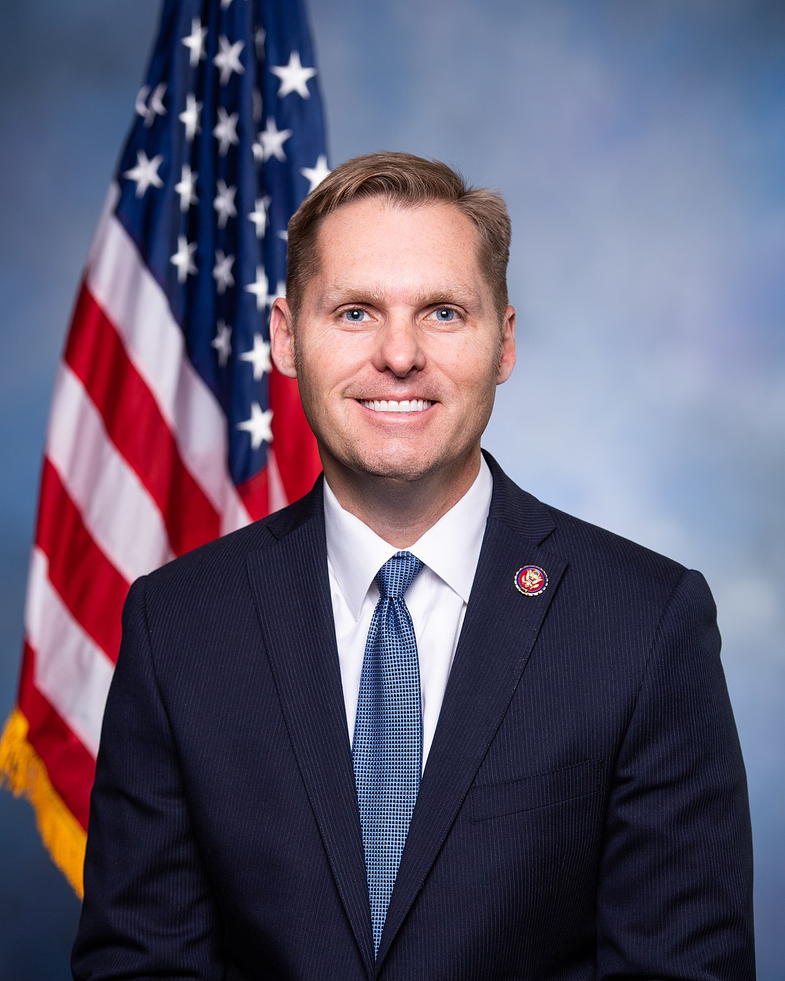
Co-Sponsor
-
TrackPat Harrigan
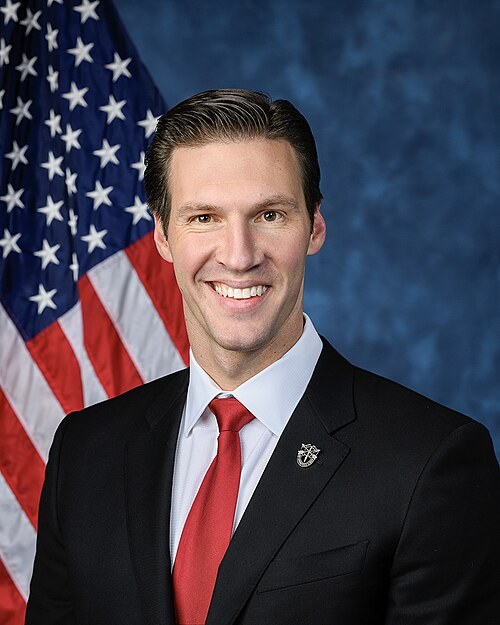
Co-Sponsor
-
TrackAshley Hinson
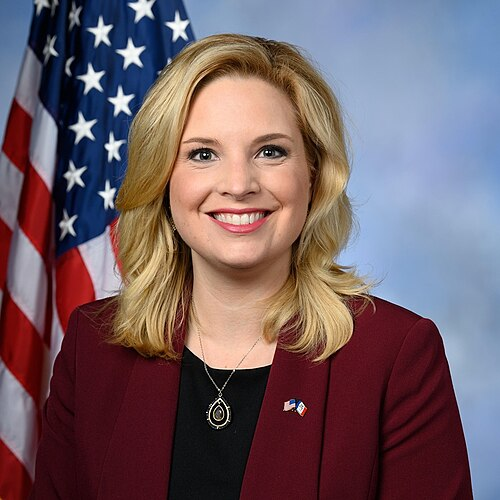
Co-Sponsor
-
TrackDoug LaMalfa
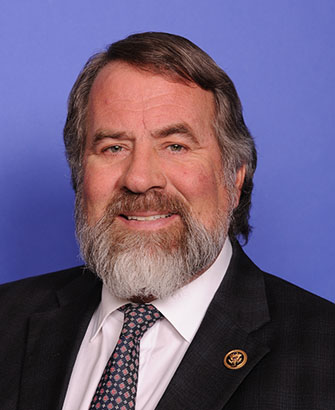
Co-Sponsor
-
TrackMary E. Miller
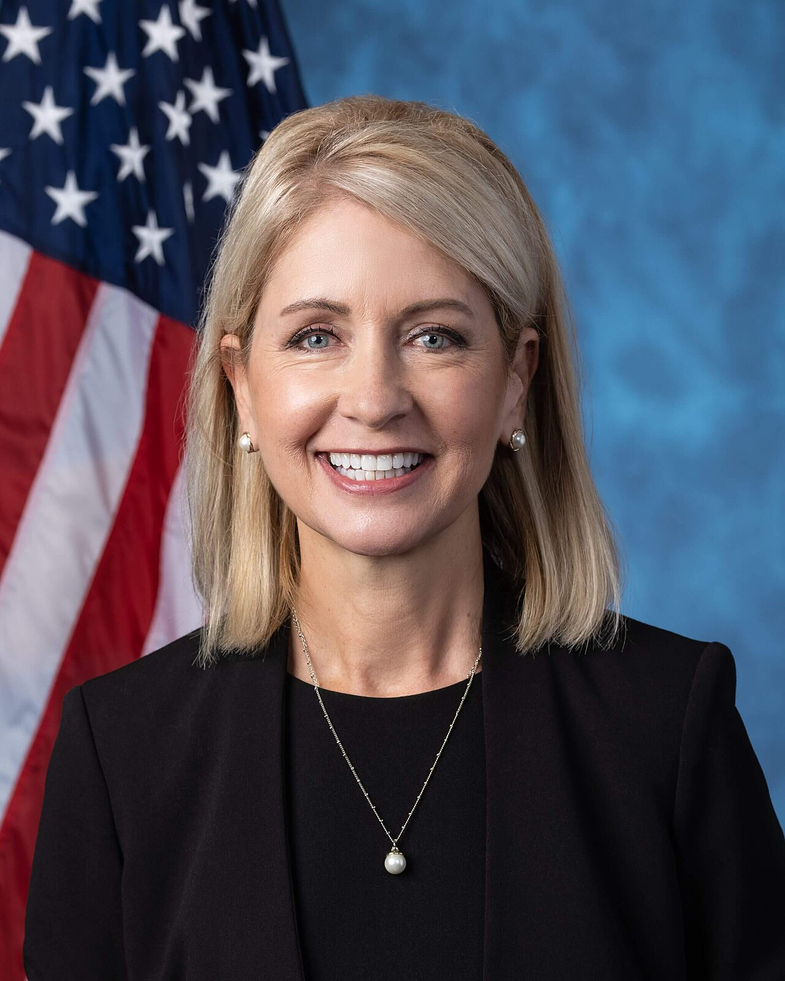
Co-Sponsor
-
TrackJohn R. Moolenaar

Co-Sponsor
-
TrackDan Newhouse

Co-Sponsor
-
TrackJohn W. Rose
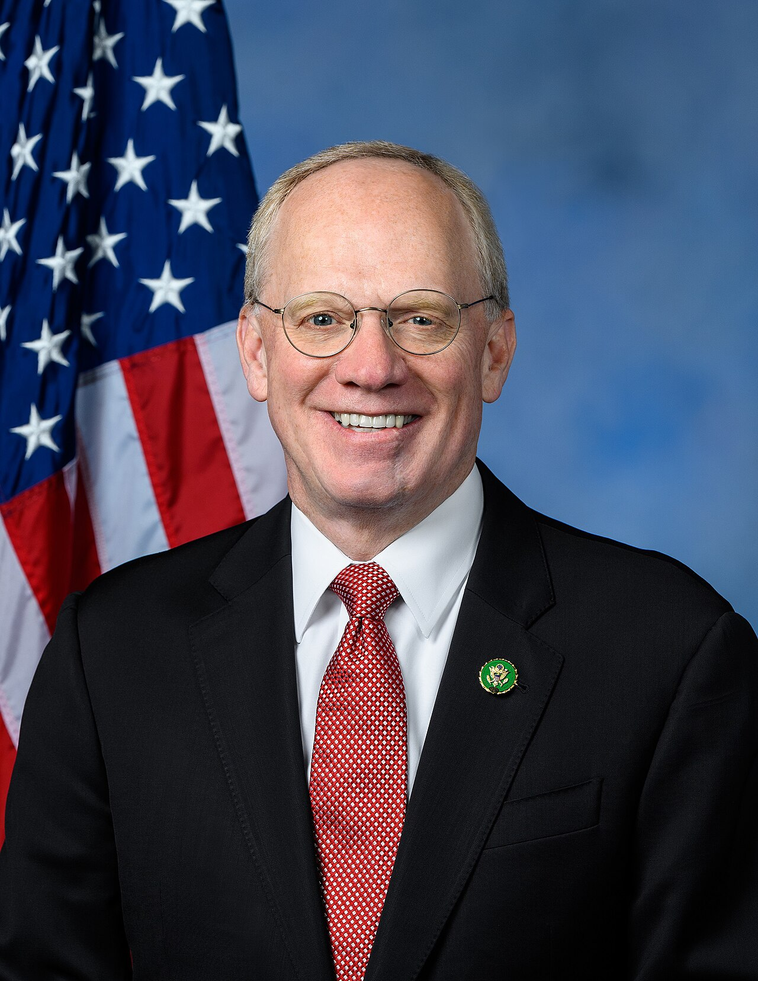
Co-Sponsor
-
TrackJohn H. Rutherford
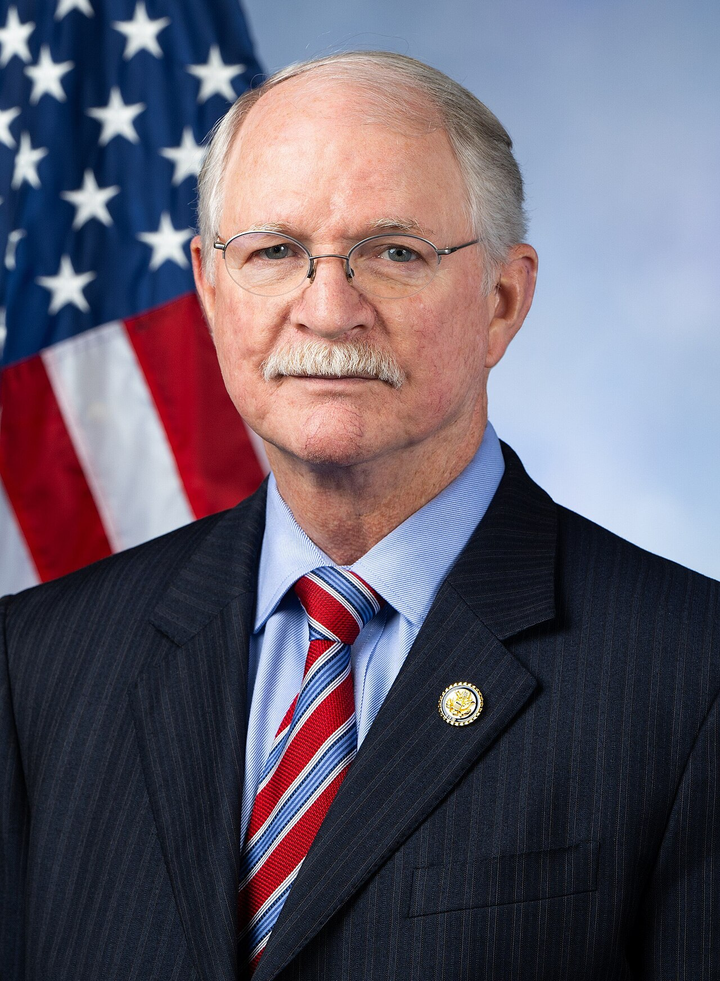
Co-Sponsor
-
TrackKeith Self
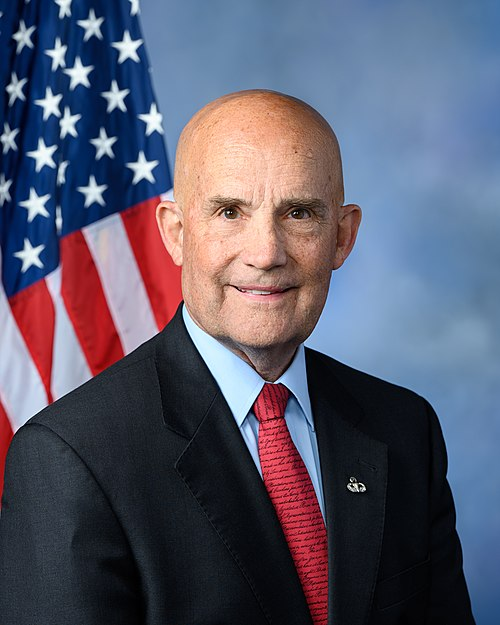
Co-Sponsor
-
TrackRandy K. Weber, Sr.
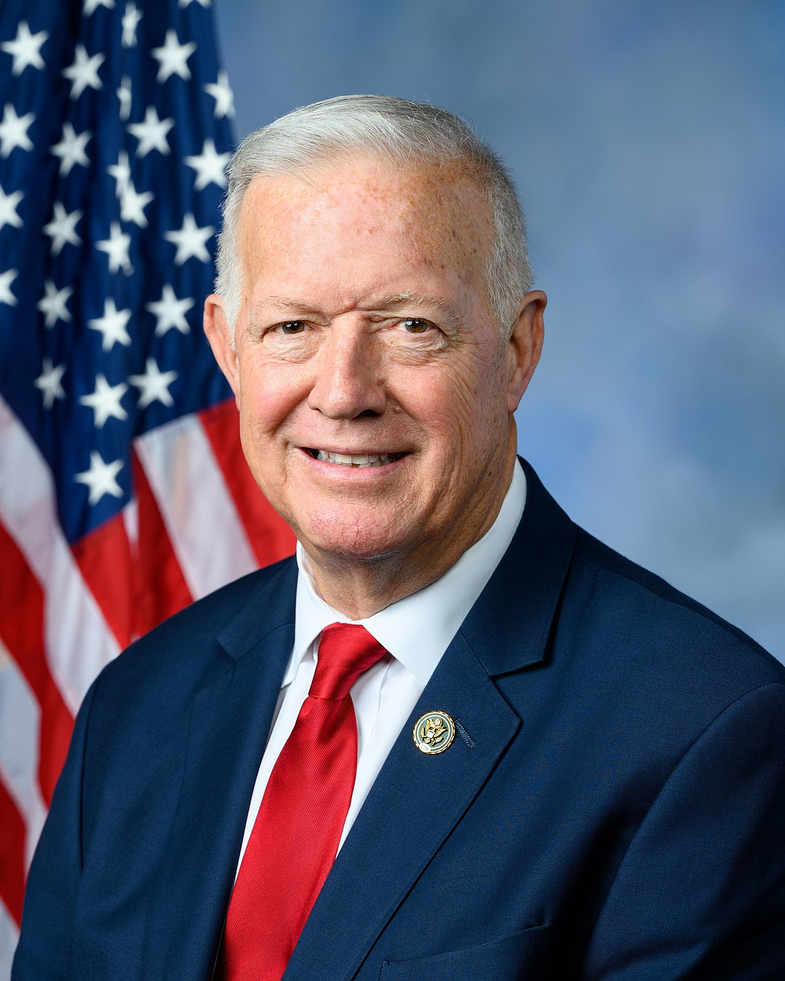
Co-Sponsor
-
TrackDaniel Webster

Co-Sponsor
Actions
2 actions
| Date | Action |
|---|---|
| Feb. 24, 2025 | Introduced in House |
| Feb. 24, 2025 | Referred to the House Committee on Energy and Commerce. |
Corporate Lobbying
0 companies lobbying
None found.
* Note that there can be significant delays in lobbying disclosures, and our data may be incomplete.









